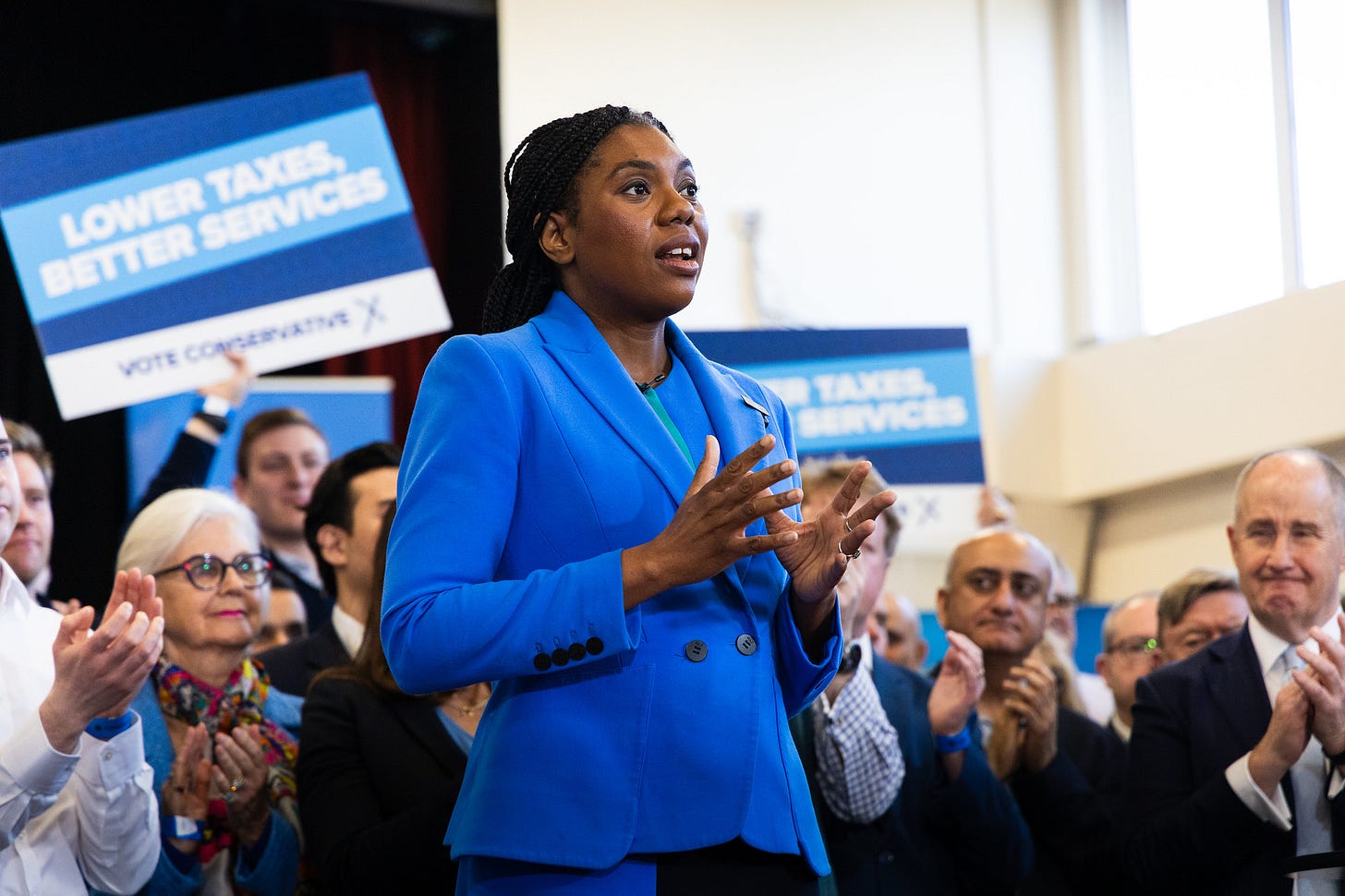Don't be distracted by Conservative culture wars. They're trying to make us forget
Tory attacks on trans rights and non-crime hate incidents are a curtain. Behind it, the house is on fire.
Culture wars this, culture wars that. If you thought the Conservatives were ready to become a serious party, think again.
This week, on the anniversary of Stephen Lawrence’s murder, a landmark moment in Britain’s reckoning with institutional racism, the Tories chose…





